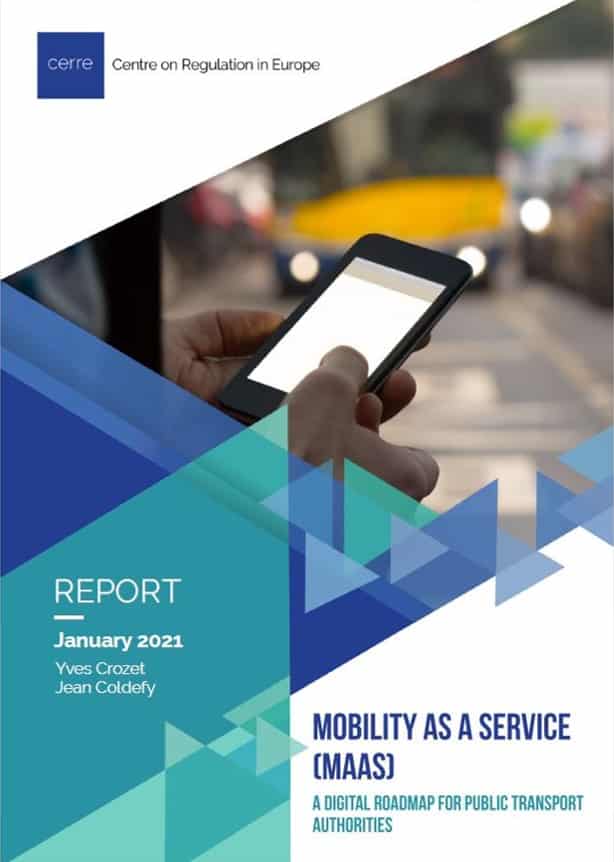ATEC ITS France
Jean Coldefy is an independent expert, Director of the programme ‘Mobility 3.0’, by ATEC ITS France.
From 2010-16, he was Deputy Director of Mobility for the Grand Lyon Métropole. In this position, he supervised the development of large-scale projects such as Optimod’Lyon (winner of the World ITS Prize in 2013) and OptiCities.
More recently, he was heavily involved in the planning of the Mobility Orientation Law (LOM) in France, alongside the Ministry of Transport and the cabinet of the Transport Minister.
He is a graduate of the Central School of Lille, where he obtained a Master’s degree in business management and computer science.
Jean Coldefy is an independent expert, Director of the programme ‘Mobility 3.0’, by ATEC ITS France.
From 2010-16, he was Deputy Director of Mobility for the Grand Lyon Métropole. In this position, he supervised the development of large-scale projects such as Optimod’Lyon (winner of the World ITS Prize in 2013) and OptiCities.
More recently, he was heavily involved in the planning of the Mobility Orientation Law (LOM) in France, alongside the Ministry of Transport and the cabinet of the Transport Minister.
He is a graduate of the Central School of Lille, where he obtained a Master’s degree in business management and computer science.



